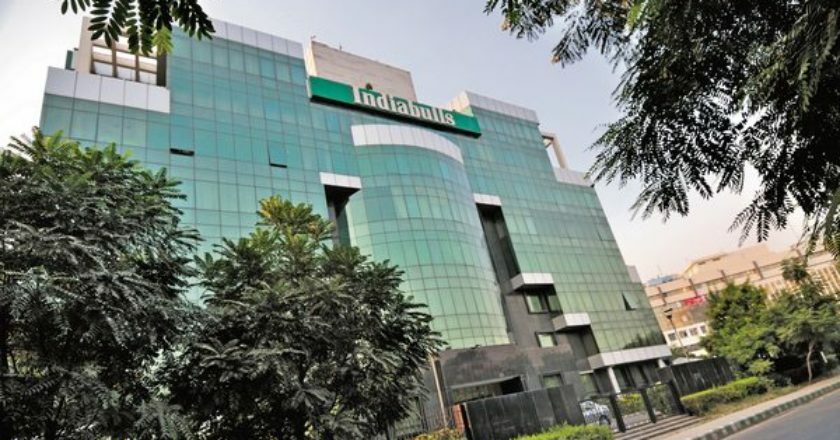Currently, developer loans comprise 20 per cent of loan book, which will be replaced by retail loans to homebuyers and SMEs
Indiabulls Housing Finance (IBH) will exit the risk-laden developer loan, or commercial real estate segment, in the next three to five years as it rejigs business strategy after the Reserve Bank of India turned down the mortgage lender’s proposed merger with Lakshmi Vilas Bank.
“We have to run down builder loans over the next three to five years and make this a complete retail balance sheet,” Gagan Banga, Vice Chairman and MD of IndiaBulls Housing Finance, told Business Today.
Currently, developer loans comprise 20 per cent or a fifth of IBH’s Rs 1.13 lakh crore loan book (as on June 30, 2019) while the rest is retail loans for homebuyers and small and medium enterprises. “We want to make it a complete retail loan book in the long-term,” he added.
Since the merger was first announced in April this year, IBH has been reducing its exposure to developers, who have been facing headwinds due to stagnant housing sales and piling up of unsold inventory. Developer loans are also considered risky in the present environment due to the long gestation period and because they are unable to repay debt following reduced sales and cash flows.
Between April and June this year, IBH reduced its commercial real estate exposure by Rs 6,005 crore through refinance. Another Rs 1000 crore has been refinanced since June. Simply put, refinance means these assets have been bought over by other institutions or replaced with loans from others.
IBH has Rs 20,000 crore of ready liquidity on its balance sheet, covering debt repayments over the next 12 months. This is besides the Rs 7,000 crore per quarter of customer repayments from its loan portfolio. The company has also brought down its commercial paper (CP) borrowing from Rs 15,000 crore about a year back to Rs 500 crore now, Banga pointed out.
IBH is looking at growing its assets under management (AUM), or loan book as well as profit by 20 percent over the next one to three years. “Over the medium term, we will continue to do even more granular loans than earlier. About two-thirds of those will be done in either securitisation or co-origination format. We are looking at 20 per cent AUM growth and hence 20 per cent net interest income growth and a similar profit growth,” Banga said.
However, the immediate priority for IBH and Banga is to change the negative perception that has been built around the company. Three PILs have been filed over the last one year, alleging financial irregularities in the company.
“Multiple attacks have come our way over the last six months due to the merger, resulting in a perception disturbance. So we have to work with lender and stakeholders to make sure that the perception goes back to appreciating that between 2008 and 2018 we created from scratch the second largest housing finance company in India. It will take four-five months to get back the perception and since our facts are strong, it will happen quickly,” Banga added.
Source: businesstoday





